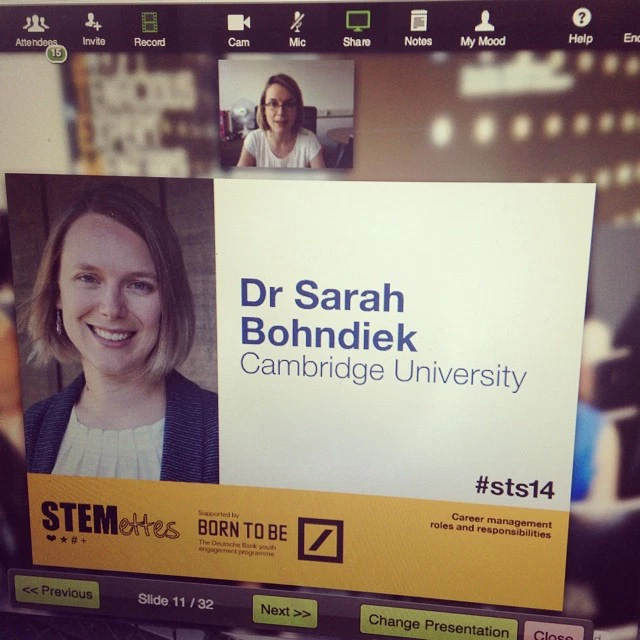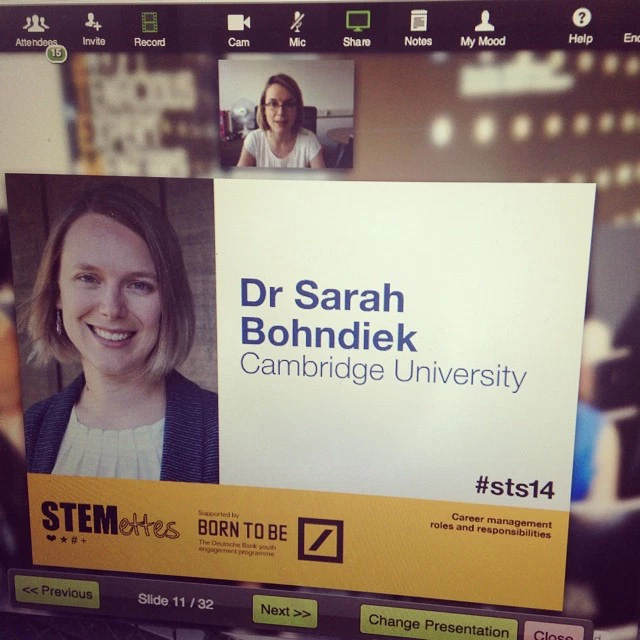
Scientists have developed an endoscope that uses near-infrared light to spot early warning signs of oesophageal – food pipe – cancer, according to research published in the Journal of Biomedical Optics today.
Researchers at the Cancer Research UK Cambridge Institute sprayed a dye on oesophageal tissue samples taken from people with Barrett’s oesophagus – a condition that increases the risk of developing oesophageal cancer. The dye sticks to healthy oesophageal cells but not to pre-cancerous cells.
They then shone near-infrared light on the tissue, which is just beyond the red colours that our eyes can normally see, and used a special camera to detect the near-infrared light the dye gave out.
Researchers had tried this approach before but had used a dye that gave out visible light to spot pre-cancerous cells. Problems arose because when cells are exposed to visible light, they naturally emit visible light themselves – making the distinction between healthy and abnormal cells hard to see.
But, by using a dye that gives out near-infrared light, scientists refined the process so they could make the distinction.
This new technique could be used to monitor people with Barrett’s oesophagus who have an increased risk of developing oesophageal cancer, and spot early signs that cancer might be developing before the person has any symptoms.
Dr Sarah Bohndiek, scientist at the Cancer Research UK Cambridge Institute, said: “This research gives us hope for developing better techniques to detect the disease early.
“People who are at a high risk of developing oesophageal cancer, such as those with Barrett’s oesophagus, could be closely monitored with this technique. And removing patches of pre-cancerous cells could prevent some cases of oesophageal cancer. But we need to do some further testing before clinical trials with patients can be set up to see how effective the approach could be at saving lives.”
There are around 7,800 deaths from oesophageal cancer every year in the UK. For men, oesophageal cancer is the fourth most common cause of cancer death.
Dr Emma Smith, science communication manager at Cancer Research UK, said: “Early detection is crucial if we want to cure more cancers and save more lives. And oesophageal cancer is often caught at an advanced stage, meaning survival rates of the disease have remained stubbornly low.
“We urgently need new ways to detect the disease early. This development could lead to a cheaper, better way of detecting the warning signs of oesophageal cancer and even stop some people developing the disease.”
###
For media enquiries contact Stephanie McClellan in the Cancer Research UK press office on 020 3469 5314 or, out of hours, on 07050 264 059.
Notes to editor:
*Dale J. Waterhouse ; James Joseph ; André A. Neves ; Massimiliano di Pietro ; Kevin M. Brindle ; Rebecca C. Fitzgerald ; Sarah E. Bohndiek. Design and validation of a near-infrared fluorescence endoscope for detection of early esophageal malignancy. Journal of Biomedical Optics. doi:10.1117/1.JBO.21.8.08400
About Cancer Research UK
- Cancer Research UK is the world’s leading cancer charity dedicated to saving lives through research.
- Cancer Research UK’s pioneering work into the prevention, diagnosis and treatment of cancer has helped save millions of lives.
- Cancer Research UK receives no government funding for its life-saving research. Every step it makes towards beating cancer relies on every pound donated.
- Cancer Research UK has been at the heart of the progress that has already seen survival in the UK double in the last forty years.
- Today, 2 in 4 people survive their cancer for at least 10 years. Cancer Research UK’s ambition is to accelerate progress so that by 2034, 3 in 4 people will survive their cancer for at least 10 years.
- Cancer Research UK supports research into all aspects of cancer through the work of over 4,000 scientists, doctors and nurses.
- Together with its partners and supporters, Cancer Research UK’s vision is to bring forward the day when all cancers are cured.
For further information about Cancer Research UK’s work or to find out how to support the charity, please call 0300 123 1022 or visit http://www.cancerresearchuk.org. Follow us on Twitter and Facebook.
Media Contact
Stephanie McClellan
[email protected]
020-346-95314
@CR_UK
http://www.cancerresearchuk.org
The post Infrared light to detect early signs of esophageal cancer appeared first on Scienmag.





